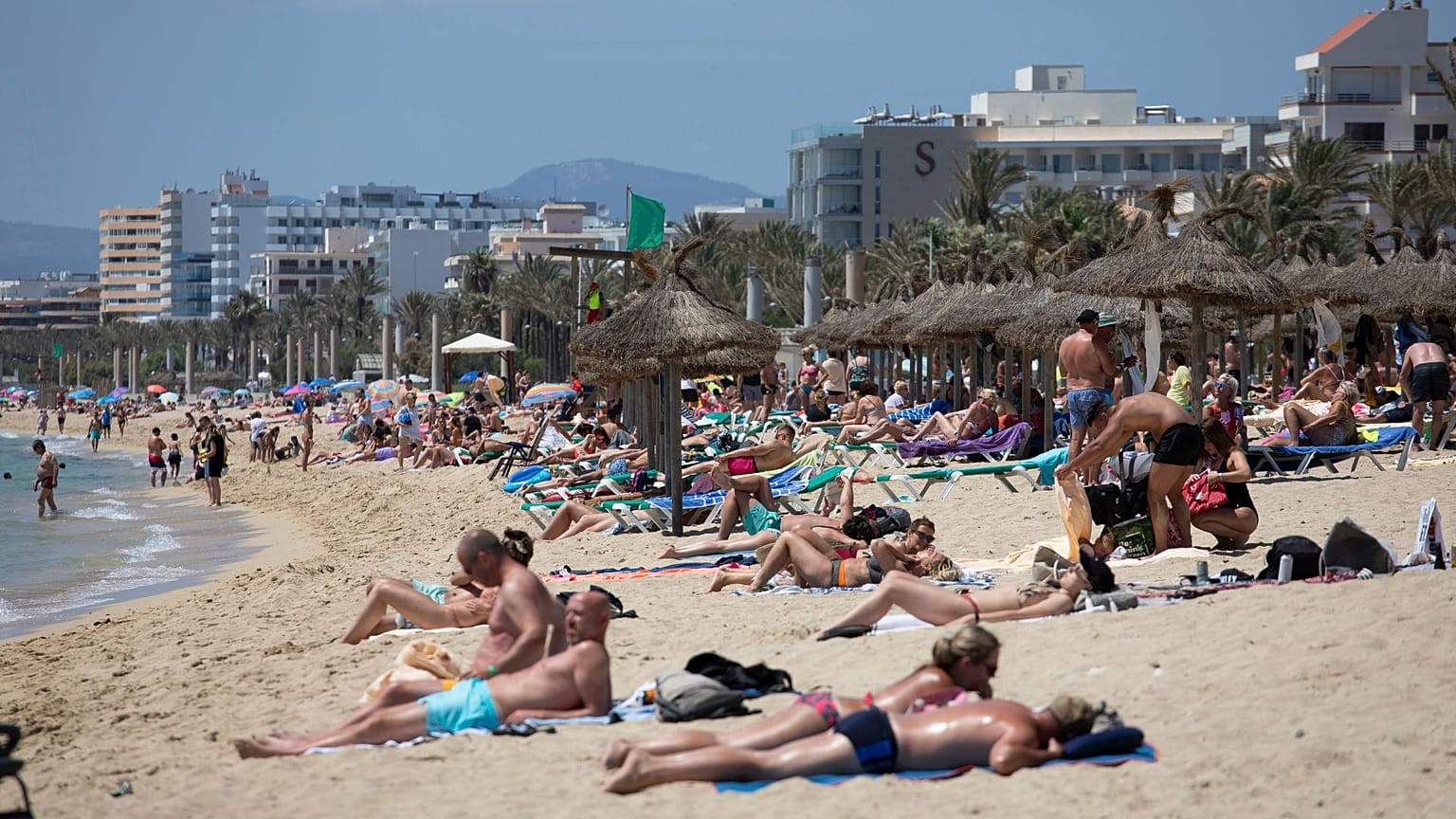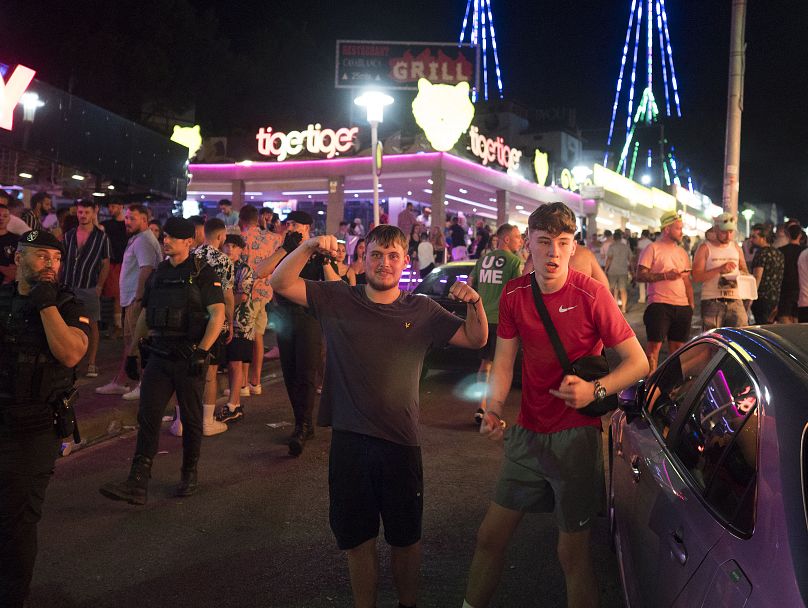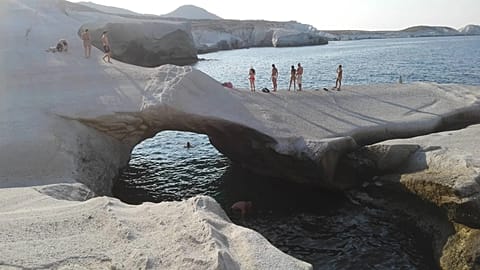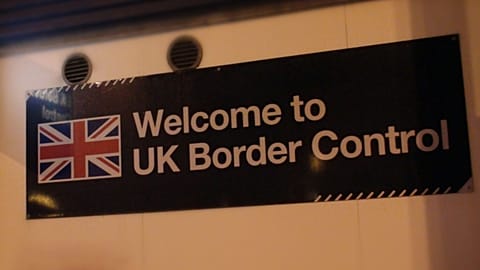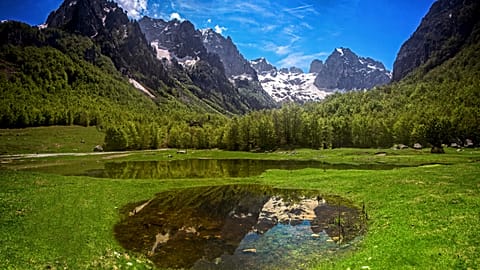El aumento del número de visitantes tras la derogación de las normas COVID ha reavivado el debate sobre el turismo excesivo.
Holidays to Mallorca are about to become a third more expensive, a tourism body has warned, as the island seeks to limit ‘budget tourists from the UK.’
 ADVERTISEMENT
ADVERTISEMENT
 ADVERTISEMENT
ADVERTISEMENT
The sun-soaked Balearic Isle is a popular destination for budget party tourism.
But prices are rising steadily - and will continue to do so for the foreseeable future, said Juan Ferrer, President of the Palma Beach Quality Offensive.
"Holidays will be around 33 percent more expensive in 2023 than in the previous year," he told German tabloid Bild.
The increase comes as the cost of living crisis bites around the world - and as Mallorca's tourism authorities try and clamp down on budget tourism.
Why are prices rising in Mallorca?
A year on from Russia's invasion of Ukraine, energy and food prices - which surged at the onset of the war - remain high. In Majorca, inflation is currently at 5.8 per cent.
The increase in tourism prices can be partly attributed to this global price surge. But the island also wants to cap the number of budget travellers it accepts.
In November, Director of Tourism Lucia Escribano said the island was "not interested in having the budget tourists from the UK."
The clampdown coincides with similar initiatives by other Spanish holiday hotspots. Last week, Lanzarote declared itself a “tourist-saturated area” and announced plans to limit the number of UK visitors it receives.
How is Mallorca limiting budget tourism?
Mallorca is looking to cap the number of hotel beds for tourists to combat overcrowding, the island’s governing councils announced last year.
The plan is to set a cap of 430,000 tourist beds across the island, with the President of the Mallorca Council, Catalina Cladera, saying they want “tourism of greater value and less volume”.
After COVID-19 travel restrictions were lifted, the island saw unprecedented visitor numbers last summer. Tourists rapidly filled hotel rooms and holiday rentals with Cladera admitting that “the recurring debate about overcrowding is back”.
“I won’t deny it, there has been overcrowding this summer,” she said. “However, only in some places and at certain times.”
Mallorca Council confirmed it will be reassessing its tourism plan and cutting the number of visitors to the island. There will be a limit on the number of hotel beds and how they can be marketed.
It also announced an increase in the number of tourism inspectors to carry out checks on illegal holiday lets.
Popular party destinations are cracking down on drunk tourists
Across the Balearic Islands, authorities have introduced a number of tough regulations this year in an attempt to reduce overcrowding. Drunken tourists that previously crowded the streets have been a particular target for the new rules.
Alcohol limits have been imposed at many all-inclusive resorts in Magaluf, El Arenal and on the island of Ibiza. Guests in some locations have been limited to three drinks at dinner and three drinks at lunch - any further alcoholic beverages have to be purchased separately.
The legislation also banned happy hours, pub crawls, two-for-one drink offers, the sale of alcohol in shops between 9:30pm and 8am, and the advertising of party boats in certain areas.
This summer, one of Mallorca’s most popular party resorts, Playa de Palma, banned people wearing football shirts from entering restaurants. Business owners came together to create a dress code aimed at reducing rowdy behaviour.
Ibiza in particular is looking to distance itself from its reputation as a drunken party destination. Local authorities are instead hoping to focus on more sustainable tourism like the island’s numerous wellness and eco-resorts.














